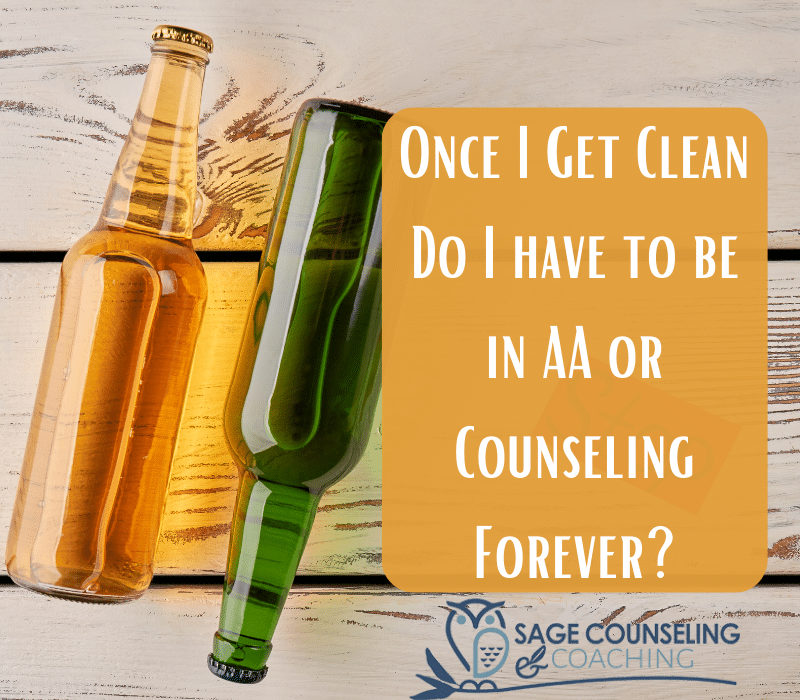
The power of addiction can bring you between AA and death. But you can stop if you can do better by being sober without AA. There are instances where many addicts have become sober by following a 12-step procedure that entitles living around straight buddies. Others try the bridge back to life, but these procedures do not work for everyone. However, getting clean and still attending counseling is a good idea. Counseling is a way to build relationships, finances, a sense of belonging, and many other aspects of life you may miss afterward. For example, you may hire a counselor to help explore your goals, which may be a few meetings before stopping.
Understanding AA
Ending your relationship with your counselor may create a therapeutic effect you don’t expect. Many that have tried have either succeeded or returned to bad hunch like imposter syndrome because things are not working the way they thought. In addition, some stop the session too early, not depriving complete growth necessary to reach the destination.
Getting sober is a progressive step, and progress is a continuous process. Additionally, therapy has no end. Depending on your situation and treatment, it can take 12 weeks to six months or even longer. In essence, understand that your will to remain sober will change as you end counseling. It becomes you alone trying to solve a problem without the complete tools to deal with it.
As you stay in therapy or AA, you may find other healthy means to deal with your addictions, but it won’t stop being an issue in your life. The process will never stop, so you need self-regulating tools to benefit your long-term mental and emotional health. You may get tired of coming to a secluded place to meet people dealing with the same issue, but it is about having enough tools to self-sustain.
Stay in AA if You Still Benefit
The longer you stay in AA, the better the result, and according to the US Department of Veteran Affairs, after abstaining from alcohol for a year in AA with an attendance of 2-3 and 4-8 years, the patient is able to stay sober for more than 16 years. However, you should not remain in AA for the rest of your life. After a while, it is important to examine the benefit and relevance to your situation. Remember, you have a life outside of social groups.
Should I Leave AA?
If you’re thinking of leaving AA, here are some questions to answer:
- Is the program no longer giving you new insight?
- Are you attending another support group?
- Do you rely on members for help?
- Is your doctor aware of your decision?
- Are you better to the extent that not attending meetings won’t affect you?
The length of time someone stays in Alcoholics Anonymous (AA) can vary greatly from person to person. Some individuals may only attend a few meetings and then choose to stop, while others may continue to attend meetings for many years.
The idea behind AA is that it provides a support system and a community for individuals in recovery from alcohol addiction. The length of time someone stays in AA is ultimately up to the individual and their personal recovery journey.
For some, AA may be a helpful resource for managing their addiction and preventing relapse, and they may choose to attend meetings for the rest of their lives. For others, AA may not be the right fit, and they may choose to seek other forms of support or treatment.
It’s important to remember that the goal of AA is to help individuals achieve and maintain sobriety, and to provide them with the tools and support they need to live a healthy and fulfilling life in recovery. Whether someone stays in AA for a short time or a long time, the goal is to help them achieve and maintain sobriety in a way that works best for them.
